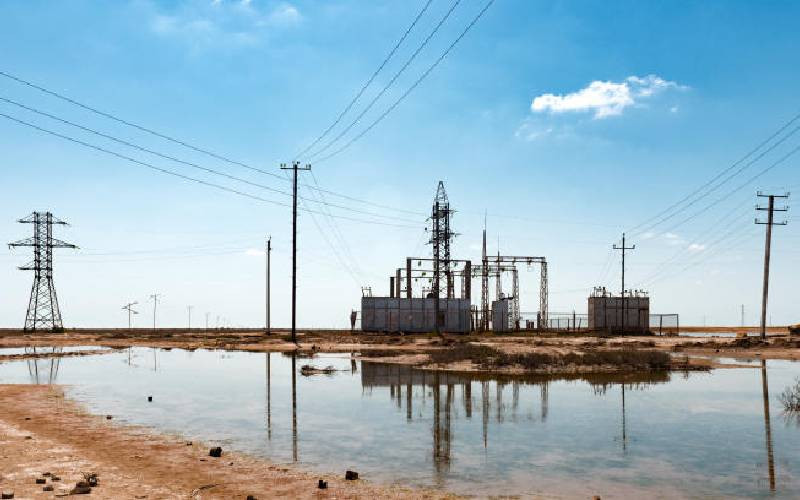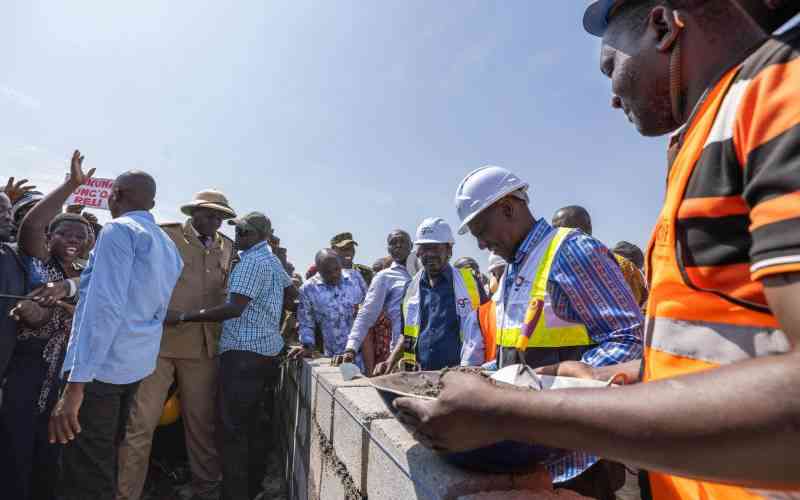×
The Standard e-Paper
Truth Without Fear

Boniface Mbithi.
Probably the least exploited economic activity in the Kenyan market, urban mining from electronic waste, is gaining root slowly but steadily due to the growing adoption of technology in the country. Founded in 2012 out of a computer distribution charity venture targeting schools, the Waste Electrical and Electronic Equipment Centre, with branches in different parts of Africa, mines rare metals in the discarded waste electrical and electronic equipment.







